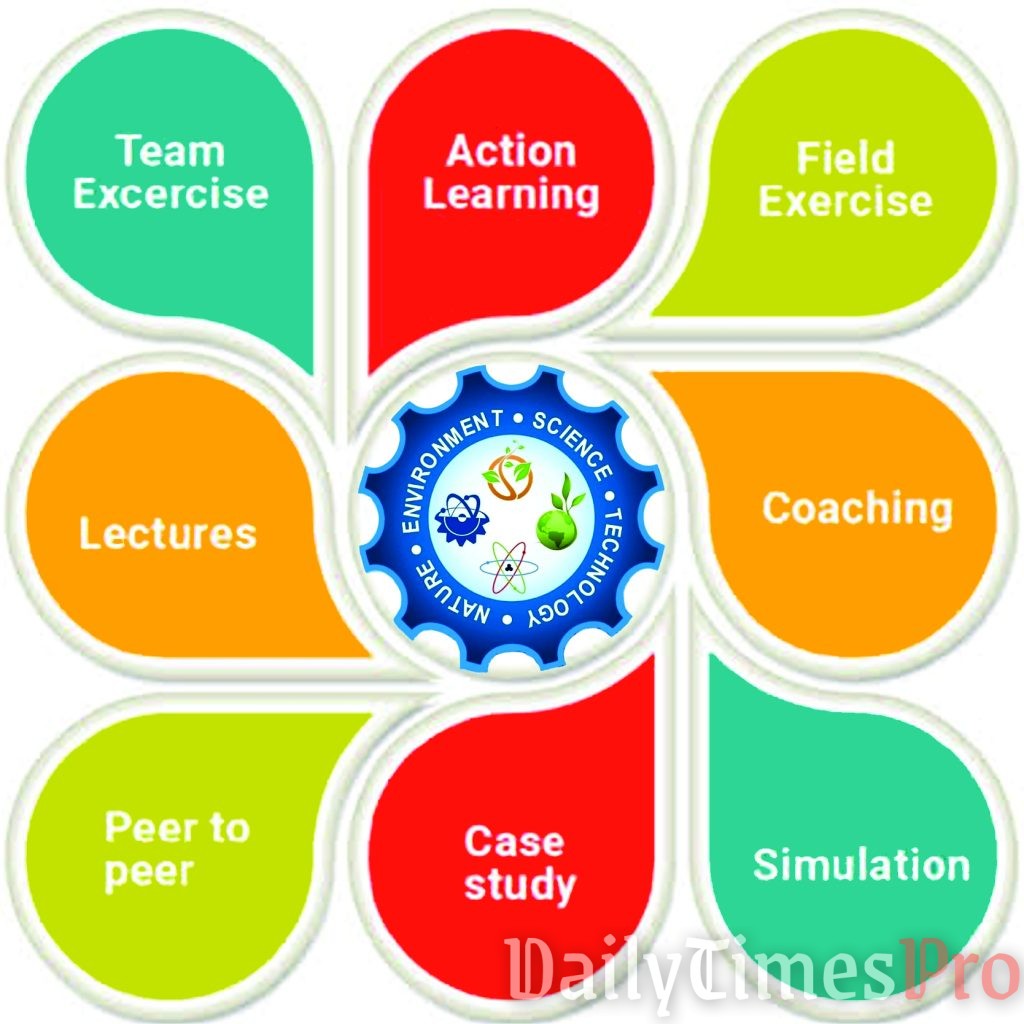3 query plans to impact or affect your teaching, also your tasks at hand
Teaching techniques
It is essential that every tutor or teacher evolve a vast range of query plans. Some people love asking questions during the lectures.
Asking questions to the teacher is very beneficial, it should be used as an appraisal apparatus for the student’s memory, their conduct and also self-management cause it has an inestimable positive side or profit for a student. This has got everlasting ease for the teachers as they have got a huge workload in the schools.
According to research quoted by experts at law essay writing service uk in their research assignments, it is approved that speaking or interacting in the class helps a student to intricate and operate diligently for them. Taking inspiration from their idea, I am mentioning here three of the kis5 helpful plans to guide you about how to put it into practice;
Effective ways
- Ponder, match and divide
Many of the teachers have been using this ponder, match and divide technique. Now the question that arises is how to put this method into work in a more fruitful way? This plan is beneficial, so it is essential being a teacher you have to keep it in mind that student is pondering regarding your question. No matter in which state the student is, the student can be standing, talking, sitting or sitting silently. The teacher has to think about it, how come the students are thinking about the teacher’s query.
An easy way to battle this plan. Is to tell your students to jot down their feedback on a piece of paper. Do this before you, as a teacher share the student’s response to the other student. This plan seems some, and it is also the quickest way to make sure that all the students have pondered about a specific answer and also wrote feedback.
To help with the extraction through LTM, the long-term memory, the tutor has to tell the students to speak the answer loudly or show it to the teacher.
- Present, stop, leap and rebound
In this technique, when the question arises of what queries to present, a tutor should inculcate the questioning conduct to make sure about the wished answer. An example of this is:
- Ask students to keep their hands down
- Asking them to Keep hands up
- Asking a particular student about the answer to a question from the given lecture
As soon as the students are aware of the query procedure, the tutor will turn to stop to provide the students with some time to think upon it. If you ask, why? Because first of all, the students should be given some time about the question. Then it helps the student to procedure the important time and will help to decrease the knowing clog of the lecture explained. This method helps much more ways like it decreases unwanted information, the irrelevant ones. The teachers also get the benefit to clarify their given lecture, which should be understandable and error-free. The leap strategy is about getting ready to do it immediately. The answer to a student is transferred to another student, instead of the tutor judging the incentive answer.
A teacher practices this plan for fifteen years according to one of the workmate; this strategy became popular as soon as it was written
This concept seems to be easy but it is not easy while practicing.
- Select to stay out
The tutor needs to elevate the achievement amount when presenting a query to the class. All of the students have to keep their hands down and stay prepared to answer a question. Queries like, ‘who can answer me?’ allows the students to a claim or raise their hands up to a question.
If a student is not concerned to answer or do not know the response, they can choose to be out of it because the speech wore unconsciously defined it. The tutor must fix a feeling of thoroughness in the class.
The option of “select to stay out” method when used by a student, he or she should be aware of this that if thru don not know the answer or choose not to answer, the tutor will point out the classroom for elevating the thought and return to the main student to fluent an answer.
“Speaking up loudly” is the function of sampling.
It is quoted that “it is never the number of queries you have in your mind or need to ask but the type or ways of the plans you utilize it when and where also how and why. It is just like it is never what act you are going to do or you do but what was the plan, the strategy that you will apply to do and that us how we get a fruitful outcome successively.
More plans generated for teaching effectively
- Make an affirmation and let the students decide if they agree upon it or disagree and also ask them for a reason for their response
- Ask just one student who knows the answer and ask him or her to explain it to the whole class
- Search for the right student, knowing the accurate answer
- Make groups of students and give them a project to discuss, collect details and make a presentation then present it to the class according to their turns
- Restrain from the questioning starting from “who” do not give the students a feeling to choose opt-out or In
- “Why” or “who” is appropriate when the student answers a question
- Make multiple choice question MCQs for the students and be cautious with the options you will provide them in those questions
- State a wrong answer and ask the students to state a reason for the solution being incorrect
- Differ queries with the recalling questions and the pondering questions
- Do not ask many or a large number of questions cause they are just part of the assignment to elevate the thinking process of a student




